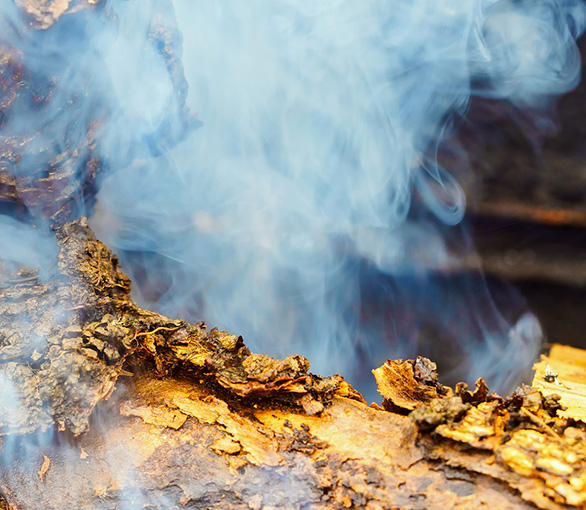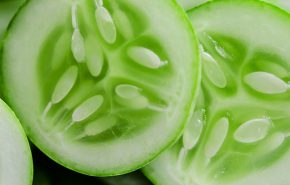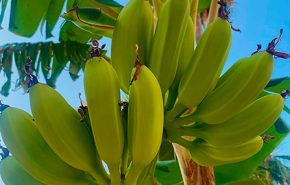€15.00 – €109.80
Guaiacol Natural Isolate
Eleonora Scalseggi has this to say “Named after guaiac resin where it has been isolated for the first time, guaiacol natural isolate is a natural compound found in wood smoke along with other many other naturally occurring smells like the irresistible aroma of roasted coffee, chocolate and nuts. The aroma of the natural isolate is strongly smoky and creamy-woody with meaty undertones, much softer and smoother than the harsher synthetic offering, yet with a power which is easy to underestimate.
Guaiacol natural isolate used sparingly it adds extra layers of complexity to compositions and blends especially well with vanillas, ylangs and generally creamy and lactonic materials where it adds interest and depth while softening the more obvious and sometimes flat sweeter notes.
Obtained from pine root oil and here offered at full strength for more versatility, it is however strongly advisable to dilute it down to at least 10% or even better at 1% before use to enable better control.”
Extracted from pine root oil.
Wholesale weights (all prices excluding vat): 100G = 50 Euros. 250G = 90 Euros.



















Anag (verified owner) –
Burnt rubber is what I get at the begining. But it’s irresistible nonetheless. I just can not stop smelling it. It gradually changes from burnt to sweet & creamy but does not loses touch with the original sharpness. It is disappearing slowly as time progresses – but is always there – to remind of the harsh, but such a compelling beginning. Diluting mandatory 🙂
kamilyosha (verified owner) –
A little goes a long way with guaiacol. The odor is very strong but it dissipates very quickly as it is definitely a top note. If blended with the right materials, it will add a touch of dark smokey tones.
Per Filipsson (verified owner) –
The natural isolate has it place somewhere between birch tar (smells of forest fire) and guaiacol (smells of a cosy log fire). It is a bit wilder than the non-NI. But still not as aggressive as birch tar. So it depends entirely upon what you seek. Just use it carefully, as it can dominate a blend easily, so dilute it befor use. It is well defined already from the start in a blend, but can hardly be described as a top note. It lasts a long time, but loses its grip over other materials when it dries down in the base note.
gergely.e.nagy (verified owner) –
It smells like a charcoal BBQ fire after it’s been put out for a few hours. Smokey but restrained on first smell, I do recommend diluting it before working with it as it is a strong material. Not as dominating as birch tar, but a little bit meatier.